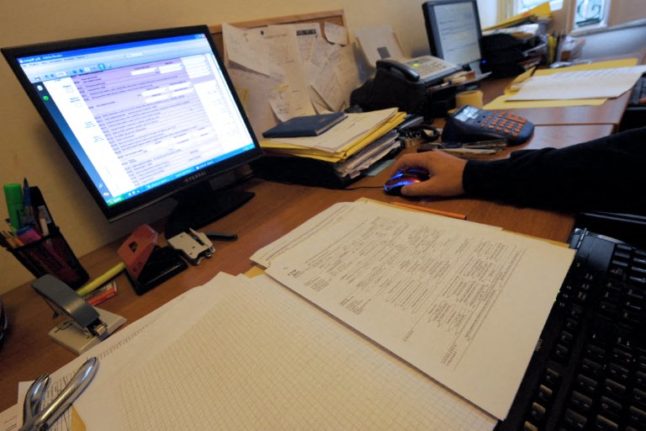The new flat rate tax of 100,000 euro ($105,000) a year will apply to all worldwide income for foreigners who declare Italy to be their residency for tax purposes.
The measure, proposed in Italy's 2017 budget, is expected to immediately draw in at least a thousand people, according to local media.
But those who would want to take advantage of the tax rate would have to have resided abroad for nine of the last ten years, and have sufficient income to make the 100,000 euro price tag an attractive deal.
An additional 25,000 euros per person would also be added to the tax rate of those who set up Italian residency for close family members.
READ ALSO: Taxes and Brexit: The worries of Italy's expat entrepreneurs
A person is considered an Italian resident for tax purposes if they are in the country for more than 183 days, or six months.
According to Italian tax authorities, the flat tax would be renewable every year for a maximum of 15 years.
The new tax plan is a an about-face for Italy.
In 2007, the Italian tax office sued countryman Valentino Rossi, a world motorcycling champion, for unpaid taxes, rejecting his excuse that his main residence was in London.
Rossi eventually paid 19 million euros in 2008 to settle his tax bill.
READ ALSO: Italy recovered a record €16 billion from tax evasion in 2016
Photo: Fabrice Coffrini/AFP




 Please whitelist us to continue reading.
Please whitelist us to continue reading.
Member comments